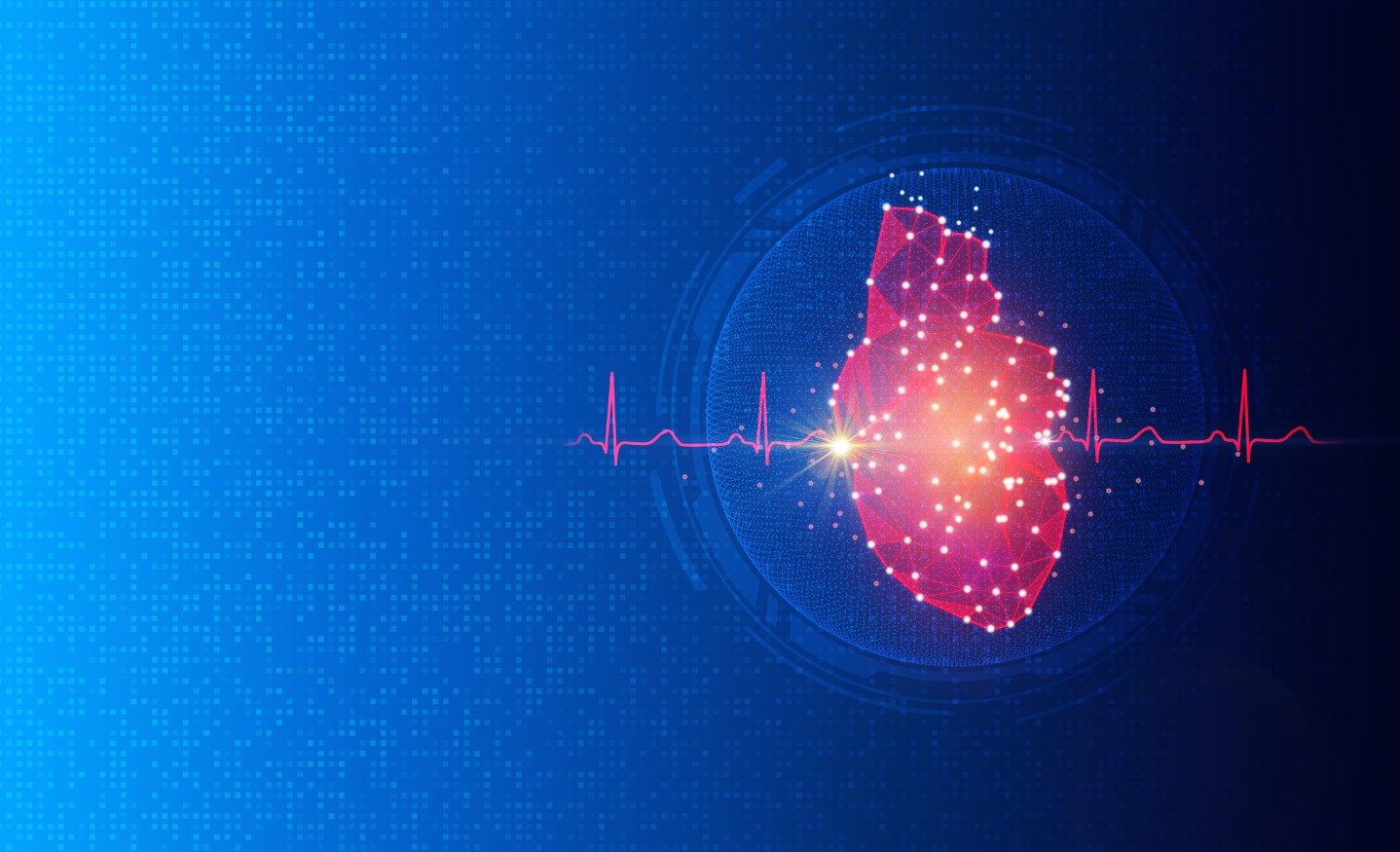Your Heart's Electrical Symphony: Demystifying Arrhythmias
JAN 27, 2026Arrhythmias are broadly categorized by where they originate (atria or ventricles) and how they affect heart rate (too fast, too slow, or irregular).
Read More
Robot-assisted surgery. Genome mapping. Pacemakers the size of an aspirin. The medical field is constantly advancing. Each new leap might seem miraculous at first, but soon becomes routine.
The giant leaps now occurring with artificial intelligence have the potential to be truly game changing, which makes this an incredibly exciting for health care providers. What does it mean for the care you receive?
You may be wondering if machines will start making care decisions for doctors. No, definitely not. Can AI process more data faster and more accurately than a human? Yes, it can. Can it improve the care physicians provide? Yes, absolutely. Let’s delve into how AI is making waves in the world of health care.
Routine screenings can be lifesaving, which is why we recommend them. Still, patients often fall behind or neglect to get this care. To find out which patients are overdue for a certain screening, a human has to manually go through all that patient data, which is time consuming.
Now artificial intelligence can do that same task in seconds – and with greater detail. That’s a tool we can use to ensure our patients get the screenings they need, when they need them.
Traditional diagnostic methods, such as echocardiograms, require a high level of expertise and can be time-consuming to interpret. AI can interpret diagnostic tests like this extremely quickly and with a high level of accuracy.
This technology can sift through data for thousands of patients at lightning speed to detect subtle patterns and flag areas for the providers to take a closer look at. That’s exciting and illuminating information care providers can use to improve the diagnostic process.
Health care providers follow specific treatment guidelines and protocols. A patient with heart failure may be receiving five different medications, for example. Are they being treated with all five medications, and if not, why not?
Artificial intelligence can support guideline-directed therapy by monitoring a patient’s response to treatment in real time, alerting care providers if there are changes that require the care team’s attention in between visits.
Every specialty has standards of care, and the human element is what can get in the way of those standards. AI can be a tool to help maintain standards by streamlining processes, reducing errors and improving efficiency.
For example, something as simple as not showing up for an appointment can affect a patient’s standard of care. Some CHI Health Clinics have used AI to power a no-show model to predict which patients are mostly likely to miss future appointments. Care teams can contact those patients to address barriers like transportation, so they can keep the appointments.
At CHI Health currently in our Cardiology department every week, we data mine based on certain algorithms on all the diagnostic echocardiograms done in the Omaha metro area, and based on the impression we are able to identify the patients with diagnosis of some life threatening valvular heart diseases. We then do a chart review and reach out to the patients' referring doctors and ask to see them in our heart valve clinic. This helps us to diagnose and treat patients who might have been otherwise missed.
These examples scratch the surface of the tremendous potential AI holds for health care, which is why specialists like me are excited about what’s on the horizon. It’s important to also emphasize that while AI is an incredibly powerful tool, the one-on-one care you receive from your providers will remain the most important aspect of your care.

Arrhythmias are broadly categorized by where they originate (atria or ventricles) and how they affect heart rate (too fast, too slow, or irregular).
Read More
CAD occurs when the arteries supplying blood to your heart become hardened and narrowed due to a buildup of plaque (atherosclerosis).
Read More
A sedentary lifestyle isn't just about feeling a bit sluggish; it's a silent, insidious threat to your cardiovascular health.
Read MoreWhen you need local health information from a trusted source, turn to the CHI Health Better You eNewsletter.